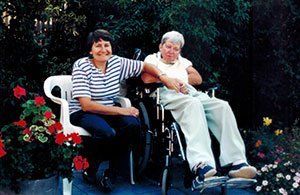Long Before The Dementia Diagnosis Is Made
Reaching a diagnosis for many diseases takes a long time. Symptoms appear and there are tests. Symptoms are often denied by the individual or at first minimized by the professional. Symptoms may make past activity and work impossible causing great strain on family resources. In some situation changes in behaviour or memory are insidiously destroying relationships before they can be identified as symptoms of something being wrong.
This means that by the time the diagnosis has been made and the family is expected to get on with it, major rifts in its structure and solidarity have appeared. Indeed by the time the family is expected to “pull together,” family members may not be talking to each other; may feel let down, taken advantage of or abused by others.
When this is the reality, how can a family problem solve, decision make and deal with this situation? If this is your position it is imperative that you get professional help. Chances are you are so angry with what is going on that you are all taking it out on each other.
It takes a lot of work to cease from blaming, to stop finding fault. The dynamics are too complex and confusing to be handled alone. It is not a sign of weakness to need help at this time. It is a gift to find someone who will listen and not pass judgment, hear your pain without telling you what to do. This is indeed what every member of the family needs. Families function because of unique interdependencies, everyone has a specific role – bread winner, scapegoat to name just two. When disease hits, the security of this family web is torn apart. Everyone feels a tug of insecurity because that familiar role will be changed forever.
I remember Joe was the patriarch of the family. His word was law. His adult sons were still afraid of him and his wife just did what was expected of her. None dared step out of line. No one stood up to him. The family unit functioned successfully when it played by these rules. Joe was 69 when he started losing his memory, leaving the taps on in the bathroom, failing to dress himself properly and take care of his personal hygiene.
This family did not just have the stress of caring for someone with Alzheimer’s disease; they had to learn how to relate differently to him and to each other. All their roles in the family changed. The sons, who were now married with children of their own, could not support their mother because they were still holding fear for the man who now shuffled behind is wife everywhere she went.
It is often believed that the only person who is suffering is the person with the disease. The labeled person has the right to grieve and be angry because of the changes that have taken place. But everyone who has been in relationship with that person in the past will have to adjust to a change in their life. We generally deal with change by seeing it as a loss of what was. So we all must grieve.
No one who enters the care giving role does so without needing to grieve the loss of the past. The family unit has been changed and so it must grieve. If the family feels too stressed to talk it over together, or one is alone and has no family to share the grief with, then find a professional to hear the pain.






